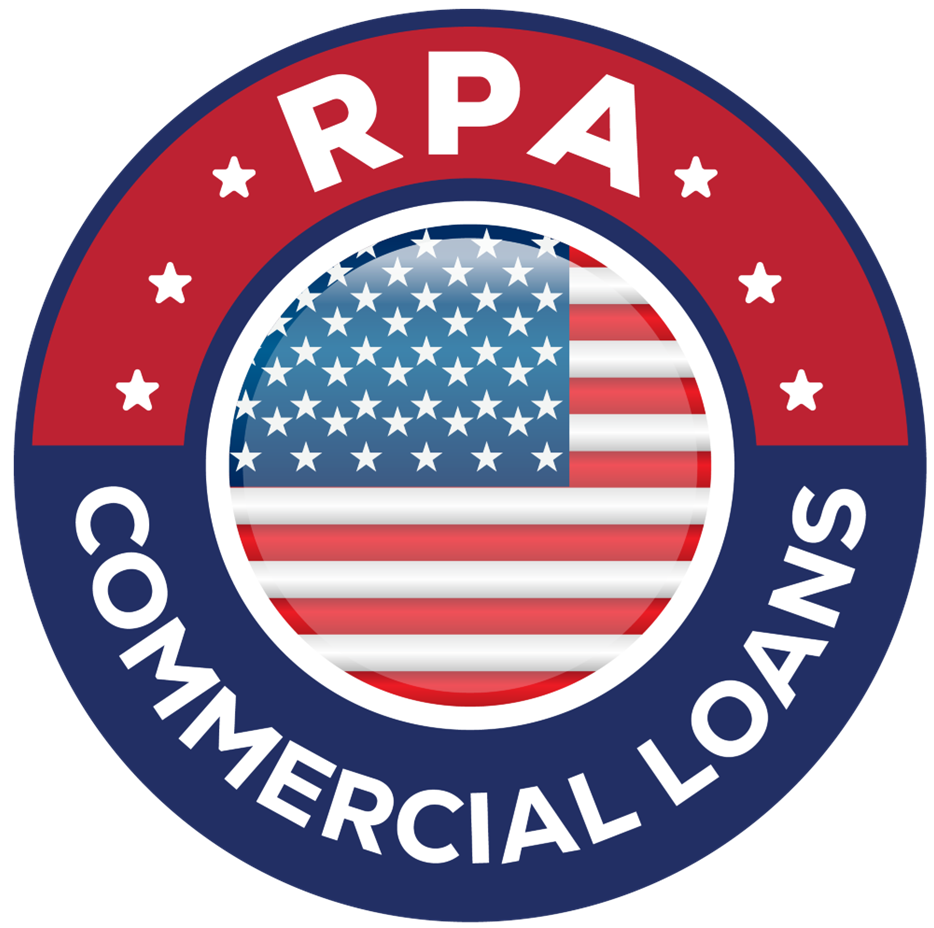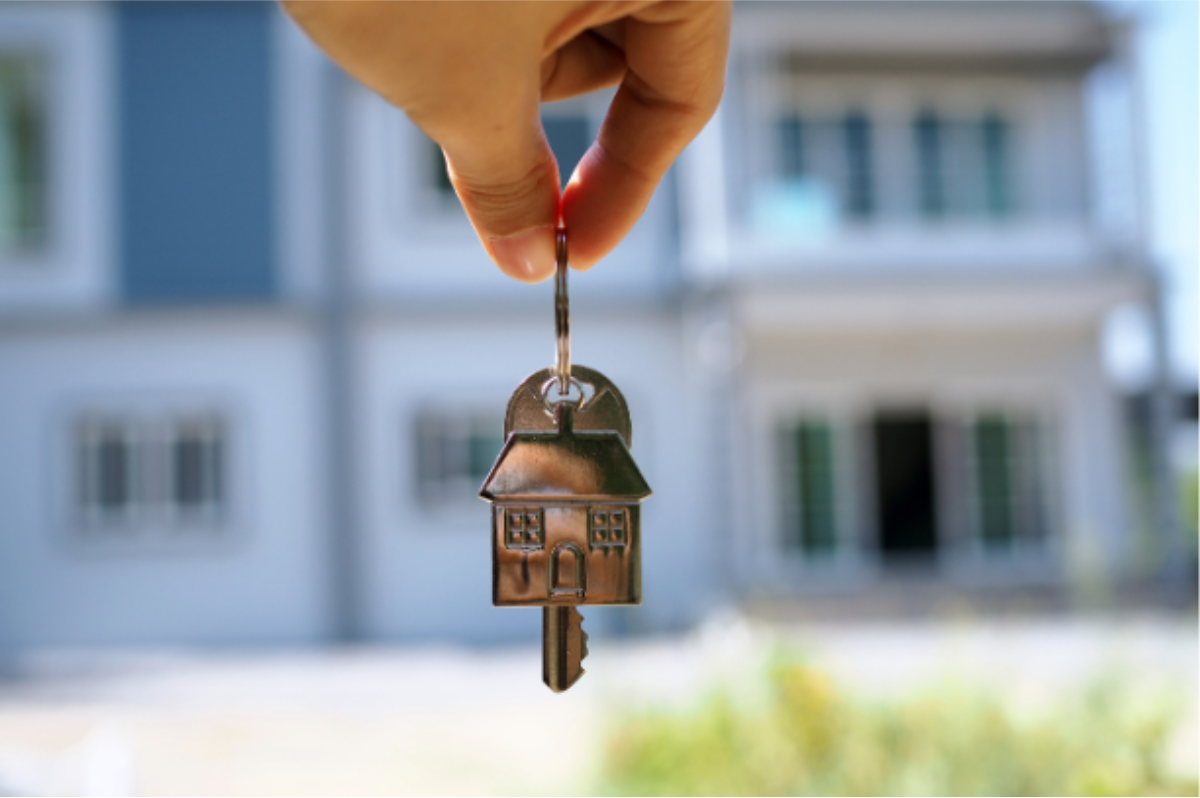If you want to buy a house, I make this recommendation (especially if it is your first house): Don't buy it yet.
This is my recommendation in most markets. With interest rates starting to fall, housing prices will start to increase. It is possible that you could lose an opportunity by waiting to purchase, but if you cannot yet qualify for a loan, waiting may be your only choice.
What I would recommend is to find a house that you would really like to buy and that you think you can afford.
Take the sales price into account, and see a mortgage broker to find out what kind of terms you could get for a loan in your current economic situation (income, credit score, and other factors). Calculate taxes and insurance based on the listed price.
Once you compute the total house payment (PITI), get an estimate for the upkeep costs on the property. Figure 10% of your monthly loan payment for maintenance, find out the cost to do yard maintenance, if you would hire that done, and get an estimate for the utilities (gas, electric, water, trash, pest control). Add all of these numbers together. This becomes 'X'.
Take 'X', and subtract from that number the amounts you now pay for rent and utilities each month (do not include cable, satellite, or Internet, as you would have these same costs with a house). This new number is 'Y'.
For the next two years, I want you to deposit 'Y' into a separate savings account on the 1st of each month. If things happen, and you can't pay on time, and you happen to pay yourself after the 15th of the month, I want you to add 5% of 'X' to your savings deposit.
If you can maintain this payment for two years, then you have proven that you can afford the house, and you should have a sizeable kitty to use for a down payment, closing costs, and reserves. You may also find that you now qualify for a better interest rate, because your financial situation has improved over time.
See also:





